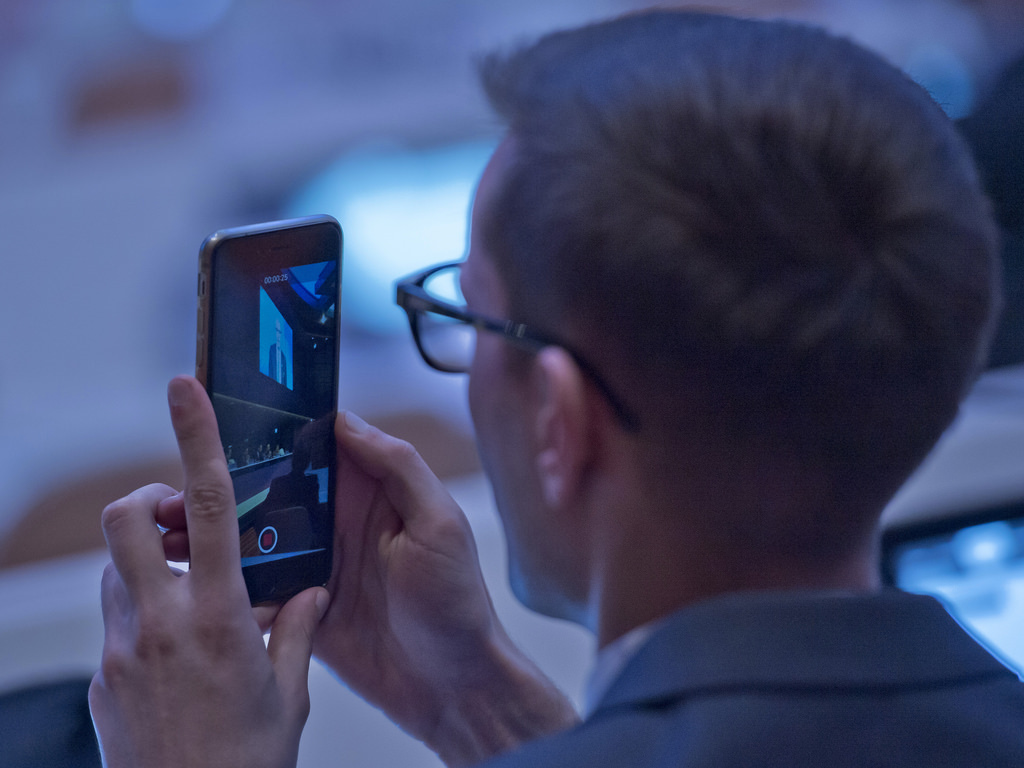
In the run-up to this week’s Innovating Democracy event, we ask two NIMD experts to share their views on how technology really affects democracy.
In this blog, NIMD Programme Manager Rob van Leeuwen shares his view. Despite the opportunities technology provides, we must also be aware of the dangers of technology as entertainment.
The Digital Age has been hailed by many as a blessing for democracy. Technological advances, especially the spread of internet access, have radically improved means of communication and access to information. This, we’re told, makes it much more difficult for authoritarian governments to keep secrets from their citizens, and makes it easier for citizens to hold power-holders accountable.
But technology hasn’t delivered on its promise.
Anti-democratic forces all over the world have learned to play the game and turn it to their advantage, and information technology is part of the problem rather than the solution. The reason stems from how we behave online, how that affects the quality of information, and the resulting impact on civic engagement.

What drives our online behavior?
Almost all online services rely on advertising for their income. This means the more clicks, the better. Successful online content that wins the most clicks does so by provoking our emotions, rather than by presenting all the facts objectively. A more thorough and lengthy piece is quickly marked ‘TLDR’ (too long, didn’t read), showing the particular way we engage with information when it is presented to us online. The publisher doesn’t care too much about an article’s content; once you’ve opened the webpage, their money has already been made.

The key driver of our online behaviour is emotion. Even reading the news is often as a distraction from work, study, uninteresting company or a mindless commute, not a conscious effort to be better informed. Social media is especially suited to content that evokes easy emotions like anger, sadness or nostalgia. This has quite harmlessly resulted in a tsunami of funny cat videos and baby pictures. However, in attempts to drive traffic to their websites, social media and online news providers exploit our addiction to dopamine fixes. Publishers use polarizing headlines, share controversial opinions and use other methods to get you angry or excited enough to visit their site or social media page.
And the result? A polarized general public that holds controversial opinions and hasn’t had a chance to critically analyze the news they just read.

Our emotional vulnerability is also abused in this way by populist politicians. When these politicians simplify their political discourse to appeal to emotions like anger and nostalgia, other politicians are in turn forced to adapt their language to this new discourse. Populists across the world seem happy to misrepresent facts and reduce complex issues to yes-no questions. After all, they read from the same book as the voters, namely the skewed vision of the world we find in online media.
But at least the internet is making us more informed, right?
The Digital Age has provided unprecedented access to information, but also unprecedented opportunity to disseminate information.
There is more information available, but that doesn’t mean the quality of information has improved. Instead, technology favours the spread of controversial or sensationalist information and places this on an equal footing with well-researched, objective facts. With an abundance of (often inaccurate) analysis and data being consumed online, the authority of well-respected academic institutions is increasingly called into question. Everybody who owns a smartphone is now their own expert and publisher.
![]()
To make matters worse, the logic of the internet ensures that we tend to believe information more if it is what we want to hear. The infamous filter bubble stops us from being confronted by opinions contrary to our own, thereby contributing to the confirmation bias I described in my previous blog.
But isn’t the internet helping us become more engaged?
The internet has made it easier for us to express ourselves politically. But, again, that doesn’t mean it has improved the quality of political expression.
At best, discontent is channeled into 280 character tweets. More often, it is limited to liking, retweeting or sharing something we happen to agree with. Where previously we had to call or write to our representatives, collect signatures for petitions, take to the streets in mass protests, now we don’t even have to leave the house.

Expressing ourselves on social media is easier than taking political action in the real world, and more comfortable than engaging in a real conversation with someone you disagree with. But it’s also a lot easier for politicians to ignore. Or they can simply adapt their discourse to placate the online fury without really addressing the underlying issues.
Where does that leave democracy in the Digital Age?
On the whole, the Digital Age has not delivered on its promises. Technology itself is, of course, neutral – in fact, it provides plenty of opportunities to deepen our political engagement. But, on the whole, that’s not how it is being used. The way we choose to use technology every day is making us slaves to distraction and preventing us from engaging with politics in the real world.
Unless we find a way to address these shortcomings and make the most of the opportunities that technology has to offer, the Digital Age will go down in history as a setback to the project of democracy.
TL;DR – Online media is not helping us to engage better with politics, it is only keeping us entertained while politicians continue business as usual.
